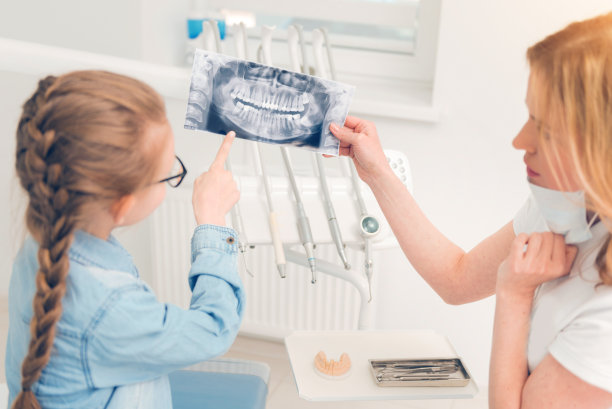The Essential Guide to Safely Extracting a Tooth and Caring for Your Oral Health Afterwards
Summary: Extracting a tooth is a significant step in maintaining oral health, especially when dealing with decay or damage. This guide provides essential tips for safely undergoing a tooth extraction, including why extraction may be necessary, the procedures intricate steps, effective post-extraction care, and the importance of ongoing oral health practices. Understanding these facets can alleviate anxiety related to dental procedures and promote a swift recovery, ensuring that your oral health remains on track. Following this guide, individuals can approach tooth extraction with the confidence that they are making informed choices.
1. Understanding When Tooth Extraction is Necessary

In some instances, tooth extraction becomes unavoidable. Common reasons for extraction include severe tooth decay, overcrowding, and impacted wisdom teeth. When a tooth is too damaged to be repaired through fillings or crowns, extraction is often necessary to prevent further complications.
Another reason for tooth extraction is to manage overcrowding. For individuals preparing for orthodontic treatment, removing specific teeth can create the necessary space to align remaining teeth correctly. It is important for patients to understand their options and consult with a dentist before resorting to extraction.
Lastly, impacted wisdom teeth often require extraction due to pain, infection, or potential damage to adjacent teeth. Regular dental check-ups can help assess the need for extraction, allowing for timely intervention and better oral health management.
2. The Tooth Extraction Procedure Explained
The tooth extraction procedure starts with a thorough consultation where the dentist will assess the tooth and recommend the best course of action. Local anesthesia is typically administered to numb the area, reducing discomfort during the extraction.
Once the area is numb, the dentist carefully loosens the tooth using specialized tools. The tooth is then removed, which may involve making an incision if the tooth is impacted. Patients can expect to feel some pressure but should not experience major pain during the procedure.
After removal, the dentist will provide post-operative care instructions and, if needed, prescribe medication to manage pain and prevent infection. Understanding what to expect during the procedure can help alleviate patient anxiety and promote a smoother experience.
3. Care After Tooth Extraction for a Quick Recovery
After a tooth extraction, proper care is essential for a swift recovery. It is vital to bite down gently on a gauze pad placed over the extraction site to control bleeding. Keeping the area clean is also crucial to prevent infection.
Patients should avoid rinsing their mouth vigorously, using straws, or engaging in strenuous activities for the first 24 hours, as these actions can disturb the clot that forms in the extraction site, leading to a painful condition called dry socket.
Consuming soft foods and staying hydrated while avoiding hot beverages for the first few days post-extraction can promote healing and comfort. Adhering to the prescribed pain relief regimen can also aid in recovery, allowing patients to resume normal activities sooner.
4. Maintaining Oral Health After Extraction
Caring for your oral health doesn’t stop after your tooth has been extracted. Regular brushing and flossing, as well as routine dental check-ups, play a crucial role in preserving your remaining teeth. Patients are encouraged to establish a consistent oral hygiene routine to prevent any new issues from arising.
Additionally, being proactive about lifestyle choices such as diet and habits can significantly influence oral health. Limiting sugary snacks and beverages, avoiding tobacco, and staying hydrated are all positive steps toward maintaining healthy teeth and gums.
Follow-up visits with your dentist will also help ensure your mouth is healing properly and provide guidance on any necessary dental work, such as implants or bridges to replace the extracted tooth. Investing in your oral health leads to long-term benefits and a healthier smile.
Summary:
The importance of understanding the reasons for tooth extraction, the actual procedure, and the necessary aftercare cannot be overstated. By arming yourself with knowledge, you can approach the extraction process with greater confidence, knowing what to expect and how to care for your mouth afterward.
Maintaining ongoing oral health through proper hygiene practices, regular dental visits, and good dietary choices will help safeguard your smile in the long run. Stay informed and proactive about your dental health!
This article is compiled by Vickong Dental and the content is for reference only



